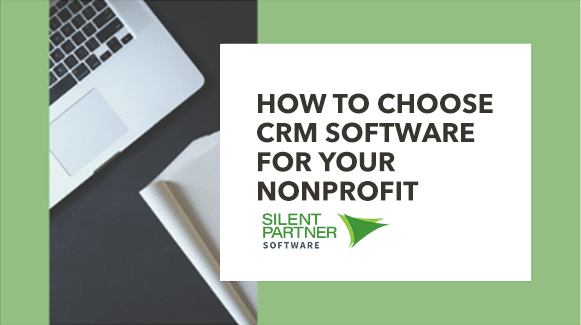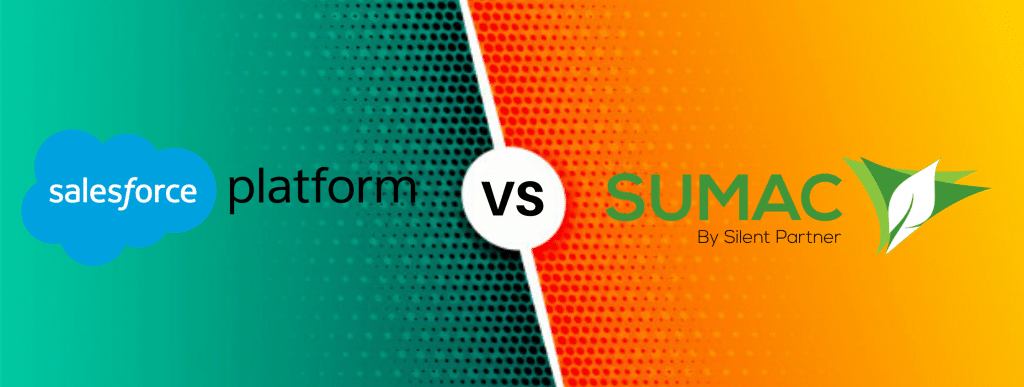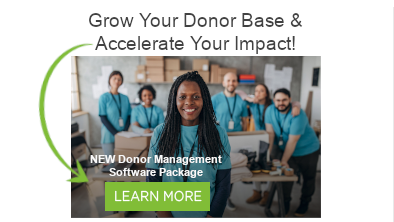Three years ago, you got a nice, big grant from the ABC Foundation. Last year, you asked for and received a second grant. This year, the folks at ABC kindly explained that they need to spread the wealth – and that they’d like to see you expand your pool of donors. Your “guaranteed” grant dissolved into thin air, and you’re left looking for new sources of grant revenue.
What do you do now?
Introducing… Prospect Research
Fortunately (and not too surprisingly), there is an entire field dedicated to answering that question. It’s called Prospect Research. A prospect is an organization that has the potential to make a grant to your organization, and prospect research is the only way to determine which institutions are serious prospects. The more information you have about your prospective donor, the better you’ll be able to craft your ask. The more focused your ask, the more likely it is that you’ll receive a significant gift.
Here are a few of the things you’ll learn about institutional donors through prospect research:
- Does this institution give to non-profits that do what you do?
- How much money does this funder usually give?
- Does this funder give in your geographic area?
- What does this funder expect of your organization in terms of personnel, size and type of project, level of evaluation, financial management and reporting?
- What are the funder’s guidelines?
- Who have they supported in the past, and at what giving level?
- Who do you know (on your board or in your member base) who has contacts with this funder?
Anyone can conduct prospect research, though of course it requires an ability to dig into guidelines, explore the internet, and ask questions. Sometimes, professional prospect researchers are hired, who have access to a wide range of resources and databases. More often, fundraising staff include prospect research among their duties. In some non-profits, volunteers and interns do prospect research.
Different Sources for Different Types of Funders
How is prospect research conducted? The answer depends upon the size and type of foundation you’re researching.
Huge foundations are international in scope, and have many employees and publications to help the prospect researcher determine whether the foundation is a match for their non-profit. It’s easy to find a great deal of information about huge foundations through websites, databases, and telephone interviews with program officers.
Medium sized foundations may be just as staff-heavy as their larger cousins, or they may be much leaner. Without a program officer to connect with, it will be a bit tougher for the prospect researcher to uncover precisely what the foundation is looking for. In that case, looking at the foundation’s grant-making history, board members and mission can help a great deal.
Small regional foundations are quite political in their approach to giving. If your regional foundation director or board members know your organization well and think highly of your executive director, you’ve already got one foot in the door. If you’re a YMCA or a well-respected arts institution, for example, you may find these organizations easy to tap. If you’re a tiny or unknown organization, though, it could be an uphill struggle to get a grant from a regional funder. Prospect research can help your organization make the right moves and make the right contact.
Tiny family foundations and funds have a limited amount of money to give – but if you have a contact or the right project, you may be able to get a very nice gift. The key, as always, is to know as much as possible about the prospect before making the ask.
Small grants are often available at a very local level. These include scholarships or small gifts from philanthropic clubs, parent teacher associations, disease-specific groups, and so forth. So, for example, a grant to send a diabetic child to a special camp might be available from the Rotary Club, from a group associated with the camp, or from a local diabetes support group or non-profit. A few hundred dollars for a special event or offering may be available through a local PTA or arts organization.
Prospect Research Online
Grant information is largely available online, and in some cases you can find all the information you need on free websites. Bear in mind, though, that you will almost certainly have to follow up a simple online search with more in-depth digging. Possible ways to supplement your free-site research include a call to the prospective funder to gather more information and request an annual report; a search of the funder’s tax records to see where the money went; or a Google search of the funder’s name to find out how they think about themselves.
There are few really useful, free online sources. Some, however, are literally worth their weight in gold.
- Portal to all government grant opportunities
- Philanthropy.com’s New Grants – A free guide to who gave what to whom
- David Lamb’s Prospect Research Page – A whole free website dedicated to prospect research info and resources
- The Ford Foundation – A list of links as well as a free search engine for searching out the right foundation for your needs
- Education World – Grants for Educators
Subscription-based databases provide much more in-depth information about grant making institutions. If you expect to do significant amounts of prospect research, you should certainly consider sources like the Foundation Center which will provide you with a wealth of online detail about each prospect in their extensive database. Most online grant databases require a subscription fee. Some of the top databases include:
- The Foundation Center – The mother lode for grant seekers.
- Guidestar – Allows you to see where competitors got their funding.
- The Association of Fundraising Professionals – Has its own database of resources.
Prospect Research in the Real World
While online research has a great deal to offer, and may be all you need, most serious prospect researchers take their search into the “real” world by meeting with a variety of people and organizations who can give you unique insights into your donor prospects. With whom should you meet?
- Start with your own board. Hopefully, members of your non-profit’s board are well connected in the community. They may have a personal relationship with one or more of your prospects, or be able to recommend individuals of wealth or family foundations with which they’re connected.
- Expand your search to the competition, checking out playbills, newsletters, donor recognition boards or any other publications that include lists of donors.
- Consider attending local events such as fundraising galas, Rotary meetings and Chamber of Commerce happenings to meet and greet prospective donors. It’s hard to know who might have an interest in supporting your organization until you get out and schmooze.
- Most colleges and universities offer grants to individual students to support tuition. In addition, many universities and research institutions offer grants for specific projects. Research and education institutions also offer grants to individuals and organizations. National Geographic, for example, offers grants for research and exploration; the American Philosophical Society offers small grants for research and publication, and so forth.
- If you’re having a tough time finding information about smaller local grant funders, try “spying” on your competition. This isn’t a license to bug anyone’s office; rather it’s a recommendation to check out your competition’s public information including website, newsletters, annual reports and tax records. Check to see their list of donors and how much those donors gave – then consider following in their footsteps!
Organizing and Using Prospect Information
As you collect information about grant funders, you’ll want to keep track of the information in a searchable database. There are many different database software packages available for non-profits, and you’ll want to look at the options before purchasing the most popular or most expensive on the market..
As you review the guidelines for each grant prospect, you’ll want to review their limitations, giving procedures and deadlines. Often, a foundation that looks like an ideal prospect at first glance turns out to give only in six states – and not in yours. It may also be that a funder is ideal for your organization, but that its deadline for grant submission has already passed.
Once you’ve eliminated prospects that are clearly wrong for your organization, you’ll want to carefully review guidelines to be certain you’re truly eligible for a grant. For example, you’ll want to double-check that the foundation’s grant making limitations don’t apply to you: if you have a religious focus, for example, you should be very careful about reading the guidelines. You’ll also want to be sure that you have all the documentation required; for example, some foundations ask for audited financials; others need to see proof of non-profit status.
Perhaps most importantly, you’ll need to be sure you can describe your project in enough detail to be credible to this prospective funder. You can find help with this in Top 10 Tips for Writing Grant Proposals. Often, funders want to see expert advisors involved a full evaluation plan, or other rather technical elements. If you don’t have these in place, this donor may not be a good prospect for you.
Sumac is an effective tool for tracking your grant opportunity research, and has a specialized module for just this purpose.
Download Your Free Guide on Choosing CRM Software for Your Nonprofit!





